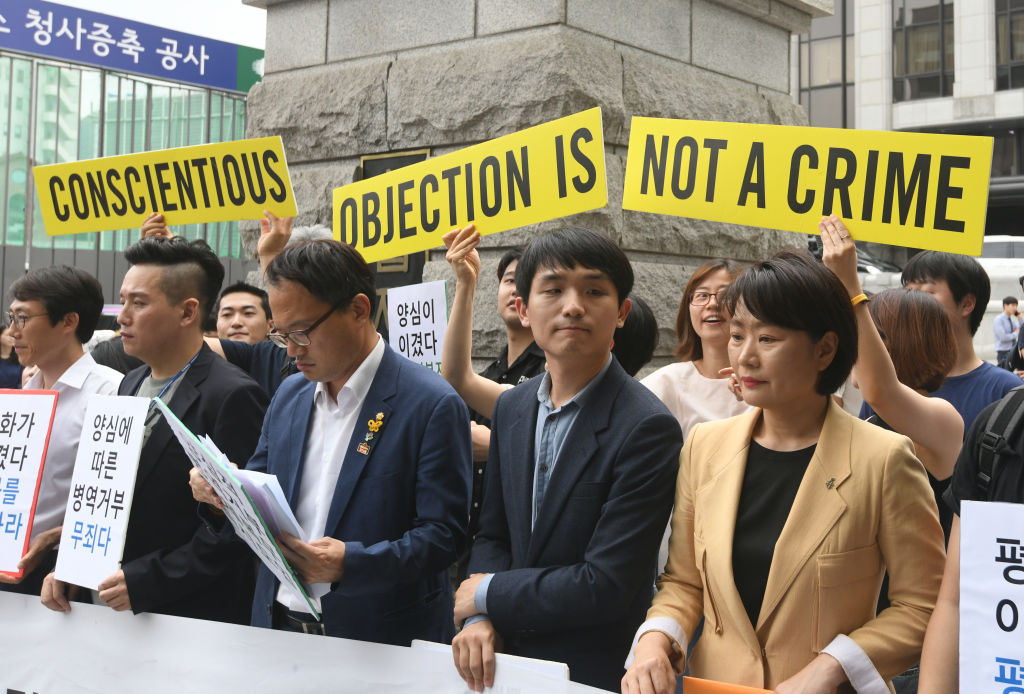Conscientious Objection to the Military Service: A Right in Progress
The right to conscientiously object to the military service is well established in international law and “can be derived from the right to freedom of thought, conscience and religion or belief.” However, in many countries across the globe, believers of different religions and belief systems continue to face challenges in gaining access to alternative service and, more broadly, practicing their belief not to bear arms and participate in military service.

This blog series provides case studies that illustrate such challenges in various contexts. Mine Yildirim discusses the heavy long-term legal and social consequences that non-recognition of objectors’ rights produces in Turkey. Ihntaek Hwang explains why the South Korean approach to alternative service remains punitive and aims to sanction those refusing to be conscripted. Nikolay Honhannisyan demonstrates on the selectiveness of the Armenian government in providing the right to object to believers of different religions. Moshe Jaffe shows how the Israel/Gaza war has changedthe debates over and the legal framework of the exemption for yeshiva students from ultra-Orthodox Jewish communities. Finally, Paola Goulart de Souza Spikes elaborates on why the Brazilian constitution does not allow exemptions from military service during war time.


